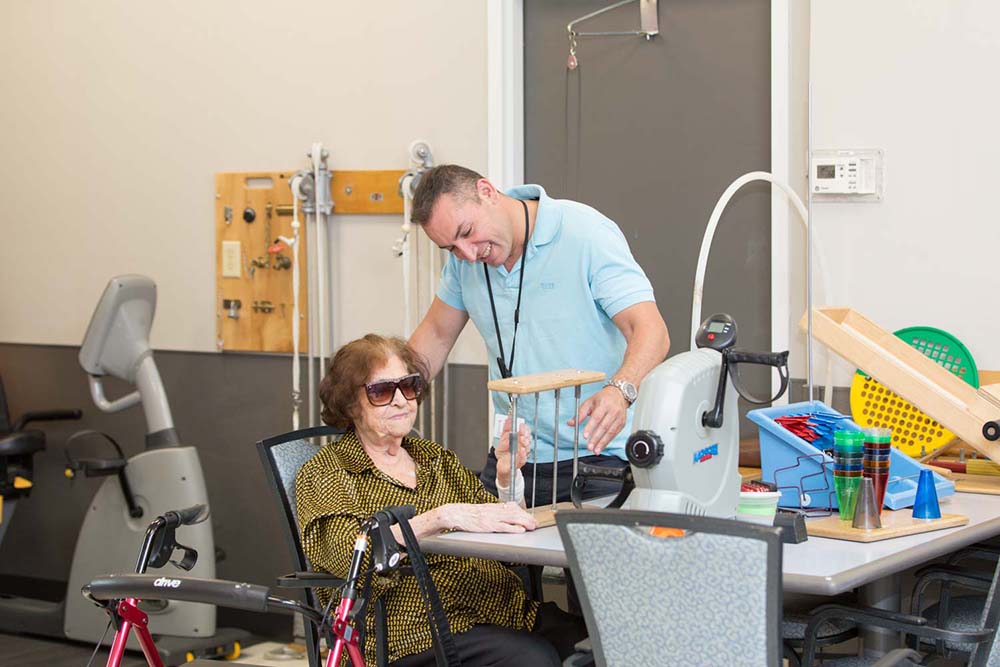Epilepsy and Seizure Disorder
Epilepsy is a chronic neurological condition marked by recurrent and unprovoked seizures. These seizures are abnormal body movements caused by sudden, unusual electrical activity in the brain. Seizures result in loss of consciousness, awkward body movement, and changes in feelings and behavior. Seizures are a major symptom of epilepsy.
Epilepsy affects up to one percent of the world’s population. In the United States alone, about 3 million people have epilepsy. Research indicates that epilepsy is more prevalent in young children and seniors, and more in males than in females. Every year, 150,000 new cases of epilepsy and seizure disorder are diagnosed.
On the other hand, seizure disorder is a term generally used to describe any neurological condition that has seizures as a symptom. Still, not all people who experience seizures have epilepsy.
There are numerous types of seizures. The severity of each depends on where and how they begin in the brain. On average, up to 9 percent of Americans will experience a minimum of one seizure during their lifetime.
What causes epilepsy and seizure disorder?
Unfortunately, the cause of epilepsy and seizures in 60 percent of sufferers cannot be established. But the most common cause of the new onset of seizures in seniors over 65 years is stroke.
Other factors that are suspected to cause epilepsy to include:
- Head trauma or Traumatic Brain Injuries (TBI) resulting from accidents or assaults
- Genetic factors
- Developmental disorders such as cerebral palsy and autism
- Serious illnesses like meningitis, brain tumors, dementia, and high fever which can result in brain infection
- Chemical poisoning
- Drug abuse and excessive alcohol consumption
- Certain environmental factors as pollution

Symptoms of epilepsy and seizure disorder
Seizure and Epilepsy signs and symptoms can range from mild to severe, all depending on different factors. Symptoms may include:
- Uncontrollable and haphazard jerking one or more parts of the body
- Loss of consciousness that causes one to fall to the ground
- Emotional symptoms like fear or anxiety
- Fainting
- Blank staring
- Headaches
- Pins and needles in arms and legs
How long does a seizure last?
Generally, seizures could be as brief as 10 seconds or as long as 10 minutes. You may not recognize a mild seizure as it could last very few seconds. However, most seizures will last anywhere from 30 seconds to 2 minutes. In severe cases, seizures could last up to 30 minutes.
As a rule, a seizure that lasts more than five minutes is deemed a medical emergency.
A person that has just had a seizure will experience mood change, feel sleepy, drowsy, and extremely tired. Many also need help to recall the activity they were involved in before the seizure.
Fairview ADC
Since there is no cure for epilepsy, this disorder can be significantly managed with medications and other remedies. Equally important to people with epilepsy is to recognize and avoid triggers such as severe exhaustion, improper diet, stress or lack of sleep.
At Fairview ADC, we are a skilled team of occupational, physical, speech therapists, social workers and specialists adept at post-injury rehabilitation. We help previously active people return to productive lifestyles through cognitive therapy accompanied by quality companionship and health supervision.
We cooperate to provide careful crisis intervention, supportive counseling, and general assistance to seniors who have epilepsy and seizure disorder. Moreover, we strive to make our clients feel at home and become family.
Are you searching for an adult day care in Brooklyn, NY, where you or your loved ones can receive the best cognitive therapy? Please contact us today. You can rest assured that we will provide them with compassionate care and a lively environment where they can truly enjoy themselves.

